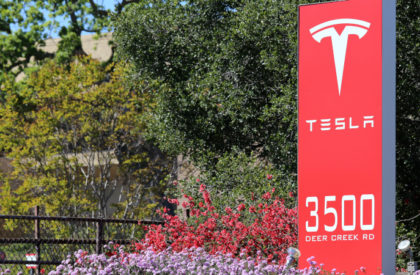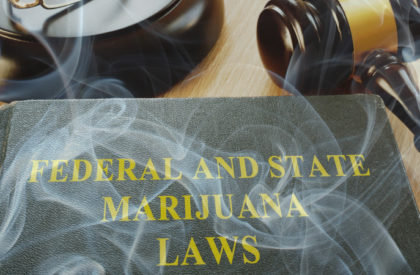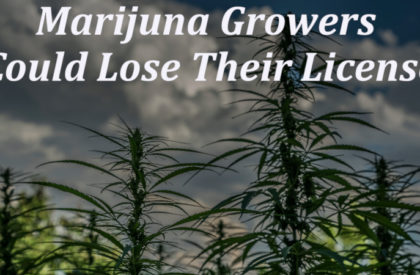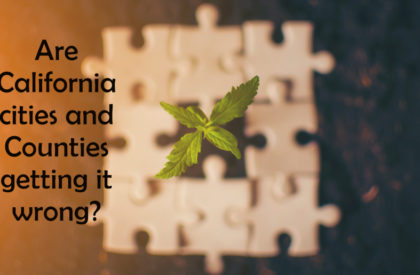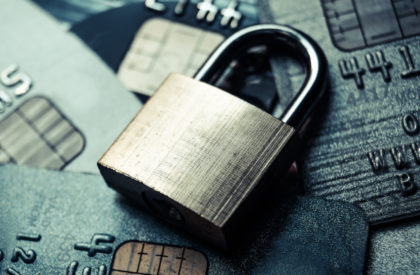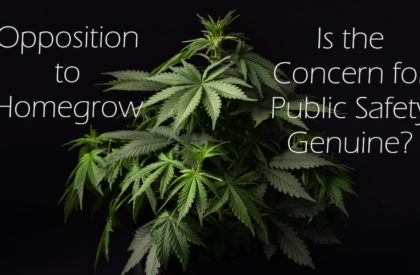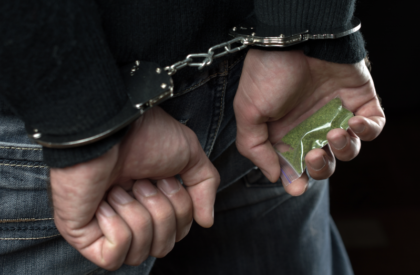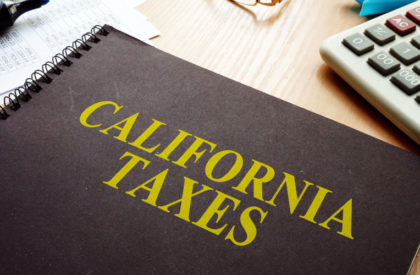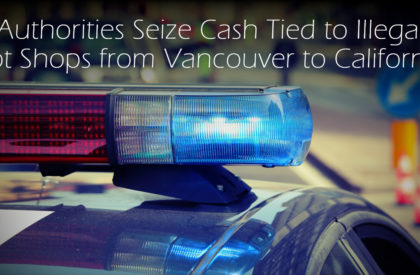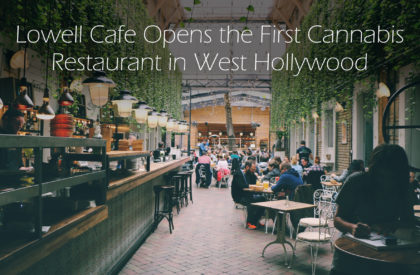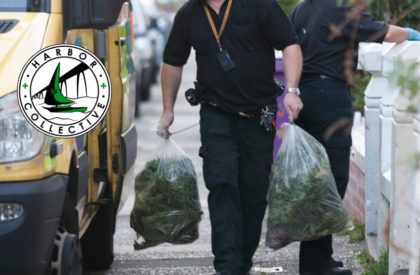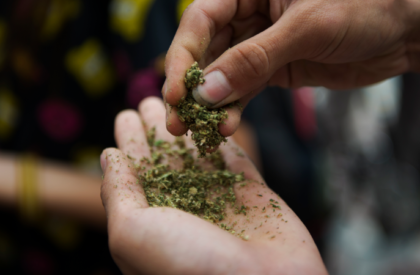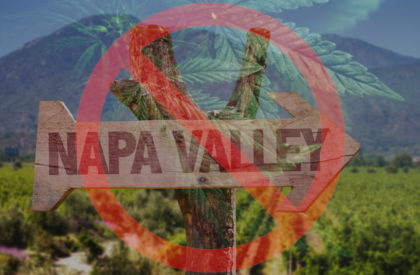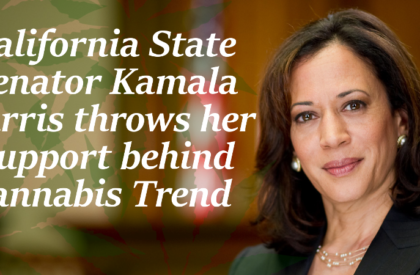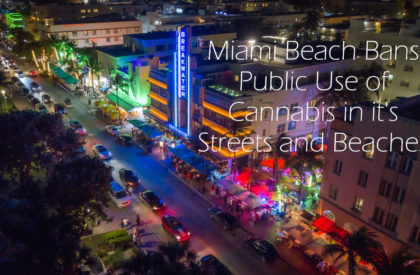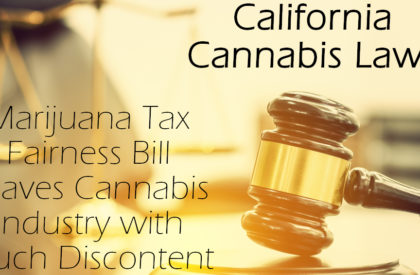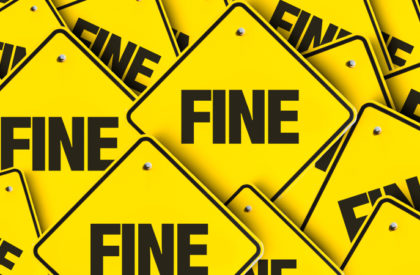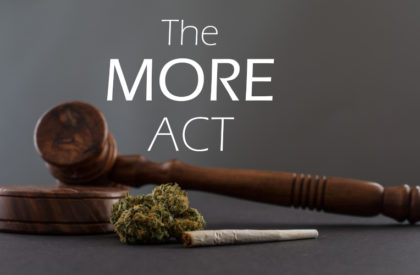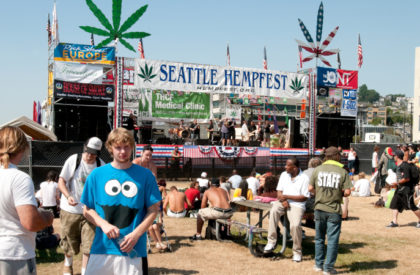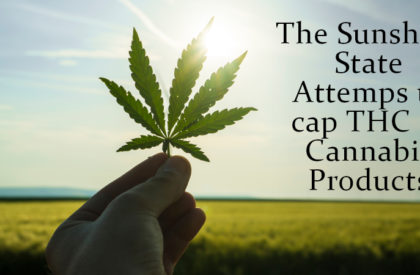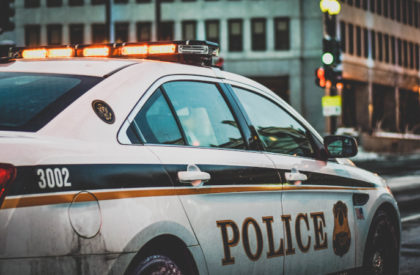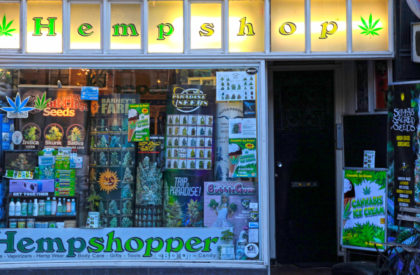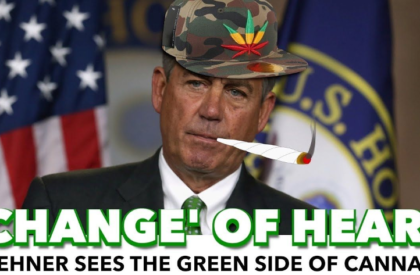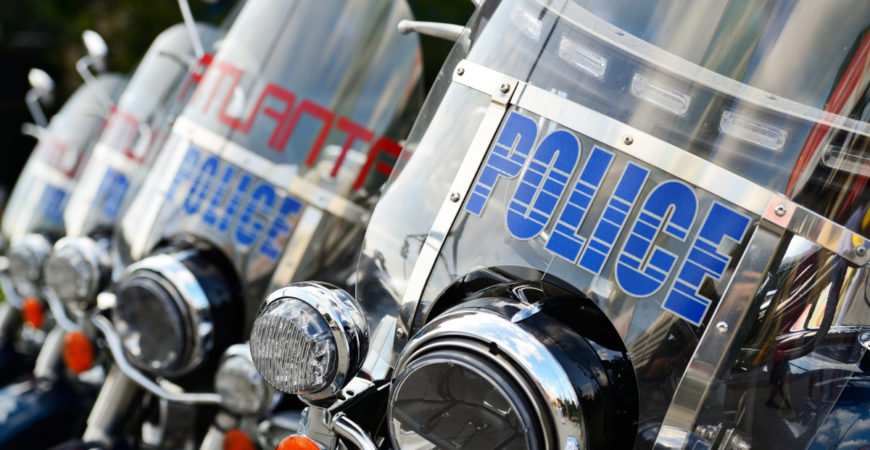
Are Police Departments Changing Their Policy Towards Previous Cannabis Users?
It goes without saying that police and cannabis are two things that have rarely gone well together.
But that’s all about to change…
Historically, anyone caught by the police with marijuana would expect to end up in jail. Even small amounts that would obviously be for personal use could still land a person in jail. Under the Controlled Substances Act of 1970, cannabis is a Schedule I narcotic that carries a high potential for abuse and no medical use. Penalties for possession, growing, distribution and others benefiting from cannabis business tends to vary widely, but can include fines, imprisonment, and asset forfeiture.
The lengthy track record of punishment has done much to build up antagonism between police and the cannabis community. A shift in attitudes may, however, be happening thanks to changes in how some police departments are choosing to handle previous cannabis users.
Related Article: Authorities Seize Cash Tied to Illegal Pot Shops from Vancouver to California
Changing Discriminatory Recruitment Practices
In Atlanta, the police department has altered its recruitment policies to allow those that have recently used cannabis to apply as recruits. Previously, the APD included a question on whether an applicant had used cannabis within the two years prior. According to old Atlanta Police Department policies, anyone answering in the positive was automatically rejected. It was however noted that this would result in the elimination of as much as 60% of candidates.
The massive loss of so many qualified potential recruits drove the department to reconsider their stance on cannabis use for those yet to join. They had to accept that the current social and cultural norms mean that there is a good chance a young person will have tried the drug.
Removing the question is expected to help in boosting recruitment numbers. It does not, however, give police officers carte blanche to start smoking weed. Officers are still expected to remain drug-free and can expect random drug testing to ensure this standard is maintained. It is, however, good to see that previous drug use will not be held against a person looking to serve the community.
Related Article: Miami Beach Bans Public Use of Cannabis
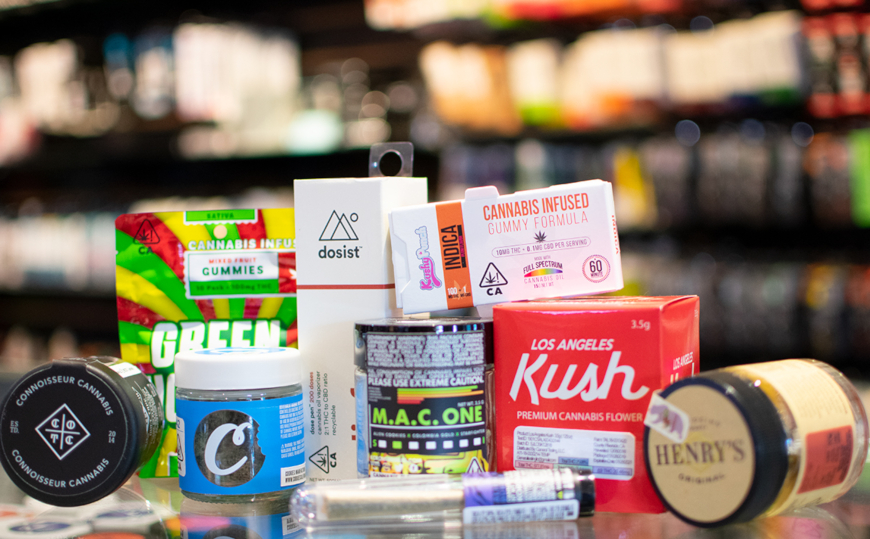
Sweetening The Deal
While the removal of the cannabis question will likely give more hope to potential recruits that they can become police officers, the APD is doing more to attract qualified candidates. This includes offering higher salaries. Rookie officers can expect to start earning a starting salary of $48,500. This increment is in line with 2018’s announcement that officers would receive up to a 30% salary hike. With better compensation, the department hopes to not only see better quality recruits but also better retention of existing officers.
Aside from the financial incentive, the APD has also launched its own recruiting website this year. According to Deputy Chief Scott Kreher, the site is expected to help potential recruits easily find out more about the job, pay, and benefits, and have the ability to apply at once.
As at the end of the first quarter, the APD had 350 vacancies to be filled. It is hoped that these efforts will allow the city to bridge this gap and attain its full staffing needs of 2,000 officers.
Related Article: Napa Says No to Cannabis
Impact of Cannabis On Law Enforcement
Outside of the issue of cannabis and police applicants, the legalization of marijuana use, be it for recreational or medical purposes, has had a somewhat negative impact on policing. Research by the National Police Foundation has identified several challenges arising from legalization.
These include an increase in robberies caused by a lack of banking services being extended to cannabis businesses, forcing them to hold large amounts of cash. The sustained black market cannabis has also encouraged cross border offenses, particularly in surrounding states that have yet to legalize marijuana. Law enforcement has also noted an increase in youths abusing cannabis thanks to the easier access, and higher addiction rates. Driving offenses have also risen as more people get behind the wheel while under the influence.
As legal cannabis impacts law enforcement in such undesirable ways, there may be a need for more resources to be allocated to police departments in order to cope. While decriminalizing may help to lower arrests and provide officers with more leeway to apply fines for low-level offenses, the skyrocketing numbers of people now using the drug does threaten to overwhelm the limited number of officers in departments such as the APD.
Surprisingly, despite the increasingly progressive police recruiting policies in Atlanta, Georgia is yet to legalize cannabis for recreational use and allows for limited medical use, restricted to cannabis oil with THC levels below 5%. It has however decriminalized possession for amounts below an ounce in Atlanta, Savannah, and several other jurisdictions.


